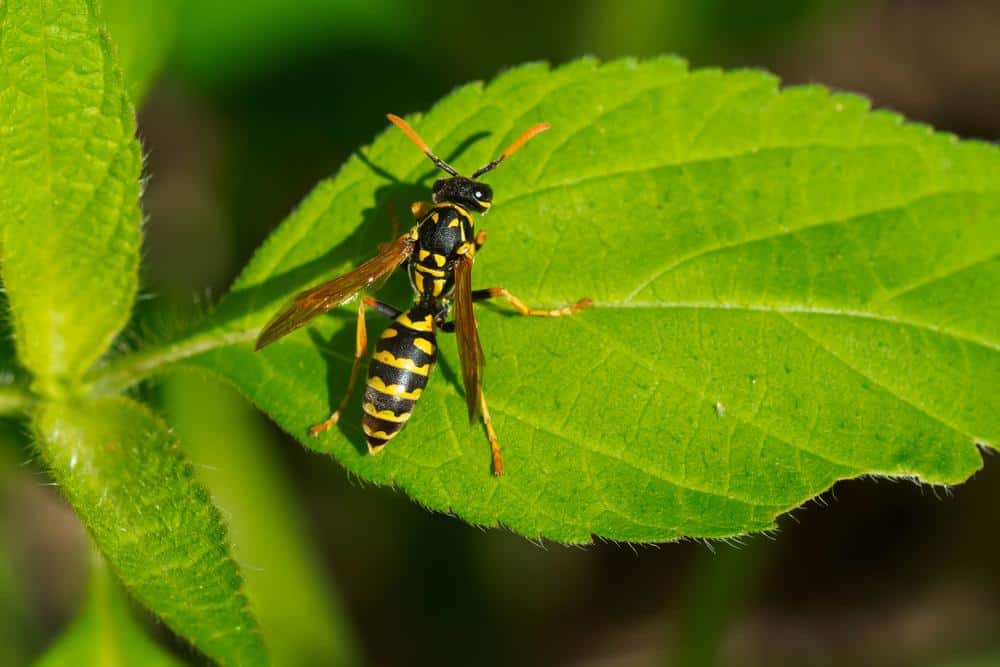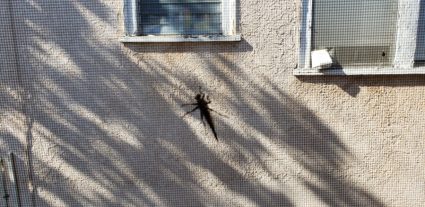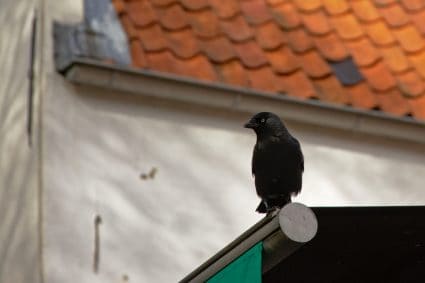
Wasps, hornets, and yellow jackets are common summer nuisances. They buzz around our picnics, hover menacingly around our backyards, and build nests in our homes’ eaves and bushes. The question many homeowners ask is, “Does insect killer kill wasps?” The short answer is yes, but there’s so much more to understand about this subject.
Yes, insect killers can kill wasps. They contain chemicals that are effective against stinging insects, including wasps. Popular wasp and hornet sprays include Terro Wasp & Hornet Killer, Bonide Wasp, Hornet & Yellow Jacket Killer, and Ortho Home Defense Hornet & Wasp Killer. These products can be sprayed directly onto nests or individual wasps, killing them on contact. However, it’s important to exercise caution when using these products due to potential health and environmental risks.
Insect Killers and Wasps
Insect killers, also known as insecticides, can indeed kill wasps. They contain chemicals, often pyrethroid-based, that are effective against stinging insects. Some popular wasp and hornet sprays include Terro Wasp & Hornet Killer, Bonide Wasp, Hornet & Yellow Jacket Killer, and Ortho Home Defense Hornet & Wasp Killer. These products can be sprayed directly onto nests or individual wasps, killing them on contact.
Most Effective Insect Killers Against Wasps
Several types of insect killers are effective against wasps. Some of the most effective ones include:
- Terro Wasp & Hornet Killer
- Ortho Home Defense Hornet & Wasp Killer7
- Bonide Wasp, Hornet & Yellow Jacket Killer
- Ortho® Bugclear™ Insect Killer For Lawns & Landscapes Concentrate
- STEM Bug Killer Spray
- Raid® Wasp & Hornet Killer
When using any of these products, it is essential to follow the label directions for use and take necessary safety precautions, such as spraying in the early morning or early evening when insect activity is minimal and standing a safe distance from the nest.
How Insect Killers Work
Insect killers affect wasps’ nervous systems or bodies in various ways, depending on the active ingredients in the insecticide. These ingredients are often combined with other inert ingredients, petroleum distillates, and propellants to create an effective insect killer spray that can be used to target wasps, hornets, and yellow jackets.
Risks and Hazards of Using Insect Killers
While insect killers can be effective, they do come with potential risks and hazards. These include health risks from exposure to the chemicals, fire hazards if used improperly, environmental contamination, and the risk of ineffective treatment.
Natural Alternatives to Chemical Insect Killers
If you prefer a more natural approach, there are several alternatives to using chemical insect killers for dealing with wasp infestations. These include homemade sprays using essential oils or dish soap, planting wasp-repelling plants, or even using a false nest to deter wasps.
Conclusion
Yes, insect killers can kill wasps, but it’s essential to be informed about the potential risks and alternatives. Whether you choose to use a chemical insecticide or a natural method, always remember to exercise caution when dealing with wasps. They can become aggressive when threatened, and a sting can cause allergic reactions in some people. If you’re unsure or uncomfortable handling a wasp infestation, consider hiring a professional pest control service. They have the expertise and equipment to safely and effectively eliminate wasps and their nests.
Frequently Asked Questions
What are some examples of wasp-repelling plants?
Some plants that are known to repel wasps include Wormwood, Eucalyptus, Mint, and Citronella. These plants naturally deter wasps due to their strong scents.
What is a false nest and how does it deter wasps?
A false nest, often made of paper or sold commercially as “wasp decoy nests,” works on the premise that wasps are territorial and will avoid areas where other wasps have already established a nest. Hanging a false nest near your home can therefore deter wasps from building there.
What are some common signs of a wasp infestation?
Common signs of a wasp infestation may include an increased number of wasps buzzing around, finding a nest, or noticing wasps entering or leaving a specific area of your home or garden.
What are the potential health risks from exposure to the chemicals in insect killers?
Exposure to the chemicals in insect killers can lead to a variety of health problems, including skin and eye irritation, respiratory issues, and in severe cases, damage to the nervous system.
How can I safely use insect killers?
To safely use insect killers, always follow the manufacturer’s instructions. Wear protective clothing, avoid inhaling the spray, and keep it out of reach of children and pets. If used indoors, ensure the area is well-ventilated afterwards.










